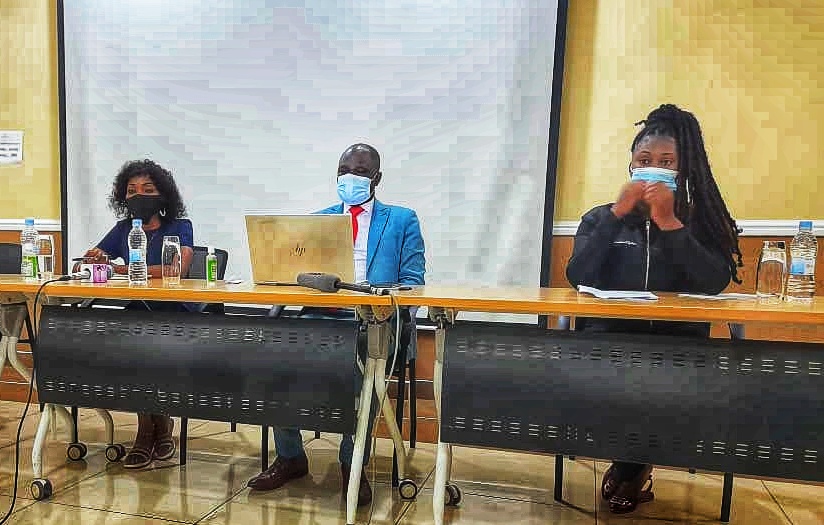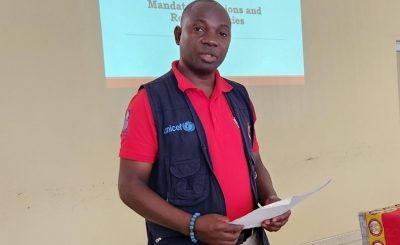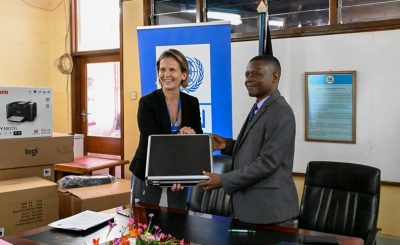The Women’s Global Network on Reproductive Rights Africa (WGNRR Africa) has called upon Heads of State and Government in the SADC Region to review and harmonize contradicting and retrogressive laws hindering adolescents to access Sexual Reproductive Health Rights (SRHR).
Addressing a news conference in Lilongwe upon completion of SADC People`s Summit, the Network said leaders in the region need to promote comprehensive sexuality education among young people by enhancing meaningful adolescents and youth engagement in Sexual Reproductive Health Rights related issues.
In an interview, executive director for Global Hope Mobilisation and the Project’s Coordinator Caleb Thole said there is urgent need to prioritise adolescent sexual and reproductive health and rights service during this pandemic era.
“We are looking into issues to do with HIV testing, intake of family planning commodities and we are also looking at issues to do with SRHR.
“We are calling upon policymakers and law enforcers to ensure that they harmonise the policies and we are asking other countries where there is fighting to ensure that girls are protected,” he said.
On her part, Legal Officer for Wadada Solutions on Gender Based Violence Anita Dotto Samson bemoaned that there are a number of existing gaps in her native country Tanzania that need to be seriously looked into when it comes to Sexual Reproductive Health Rights related issues.
“The health challenge that we are having is the community, the community needs to be educated to create more awareness so that they can understand the importance of youth having SRHR.
“So you find that the services are not friendly, even the places themselves are not friendly so it becomes difficult for the you to visit the centres for the services so they end up listening to the peer groups by having false information about their health,” said Samson.
Statistics indicate that most of the SADC countries are experiencing an increased early sexual debut.
For instance 57% of young women and 48% of young men in Tanzania reported having sex before 18 years of age; and in Malawi, 64% of adolescent girls have had sexual intercourse by the age of 18 and 42% of adolescent boys have had sexual intercourse by age 18.
The Network has since called upon the government of Tanzania to strengthen the implementation and budget allocation towards National
Multisectoral Strategic Framework for HIV/AIDS 2017-2023, National Adolescent Health and Development Strategy 2018-2022, National Youth Development Policy 2007 and the Tanzania Health Sector Strategic Plan III.





